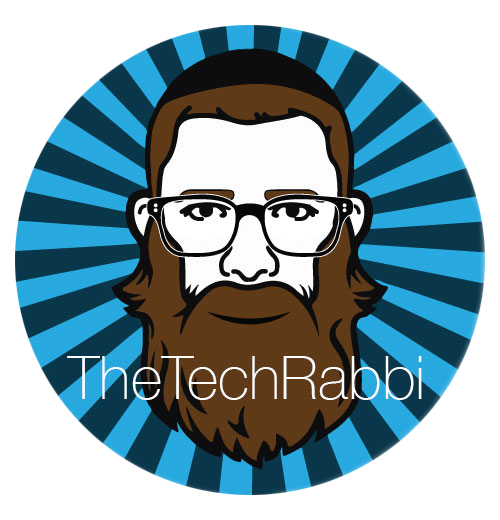EdTech Is Maturing
Educational Technology is maturing, and it is without question that the instructors at EdTechTeacher, and the presenters they feature are leading the way. In 2012, I felt a whirlwind as apps arrive on the scene. Full of new features, new upgrades, they came in droves. There was so much new to be seen. As the years have passed, “1,000 Free Apps” sessions have made way for more thoughtful and intentional discussions about technology.
That is because EdTech is becoming less about what you can do with an app, and more about what the app can do for you.
As Beth Holland asked this week in Boston, “Who is in the driver seat?” If it's the iPad then we are doing it wrong. We have to be in control and use technology with purpose and not simply to “use technology”. This approach has a short rush with an uncontrollable descent into nightmares of classroom management and mediocre learning outcomes.Now with this maturity, comes an awareness, and that is that technology isn’t going anywhere. On twitter this week I read a tweet that if the technology isn’t used “right” (whatever that means) then it shouldn’t be used at all. “Losing Tech” is no longer just a punishment, it is a prevention of learning. Imagine if we took students pencils for “inappropriate use” and refused to give them back at the end of class. Such a scenario would never happen because everyone agrees that students cannot learn without pencils. If our attitude is that technology used wrong can simply be removed, then what is our objective? Are we integrating technology to support unimaginable, unbelievable, and unstoppable learning, or is it to meet a quota or claim 21st-Century status?As I shared in my session at EdTechTeachers iPad Summit this week, it's bad enough to pull the cart before the horse, now we have strapped rockets and roller-skates on the horse pulling the same old cart. The sessions at the iPad Summit questioned all of the above and more, as inspiring and creative educators sharing their stories. Their sessions spoke about students doing, making, and taking control of learning in the classroom. Today I saw first hand how traditional math solutions and 5 paragraph essays can evolve into interactive and real-world expressions of understanding. It is not the intent to replace them, but instead to add to the avenues in which our students can share their story and promote their understanding. This is lightyears ahead of conversations I have had in the past that seemed to focus on simply digitizing our 20th-Century lecture halls, I like to call “Consumption Classrooms”. During a keynote session, Justin Reich, Director of the Teaching Systems Lab at MIT shared a powerful quote from a scholarly paper on active learning, and STEM, and that is that
given our [research] results, it is reasonable to raise concerns about the continued use of traditional lecturing as a control in future experiments.
This quote is beyond powerful as it speaks to the disconnect between authentic 20th-Century and 21st-Century learning environments and experiences. To play on words, it requires us as educators to give up “control” over knowledge, and where it can take us. This can be hard for educators because to truly integrate technology into classroom learning, you have to start over.We can no longer expect that the mere digitization of traditional learning will lead to sustainable and meaningful learning for students. Especially when we as adults show them how meaningless the memorization of information and even tasks can be. An anecdote for this is during the repair process of a complex networking component, I went to google to find some forum or youtube video to help solve the problem. I could barely even describe the problem due to its complexity. I found a video, worked through the issue and solved the problem. As I finished up, I turned around to see a student standing there, watch me. She said, “Rabbi Cohen, you use Google? I thought you knew everything.” I told her while I don’t know everything, I do know where to look when trying to solve problems. Why then are the classrooms full of googleable (did I make this word up?) information when instead we could be focusing on learning that pushes higher-order thinking, creative problem solving and knowing where to find resources to help us? While we might not be able to rewrite our entire educational outlook just yet, it is incumbent on use as educators to begin the process of not just redefining our use of technology, but redefining what learning can occur because of it.
